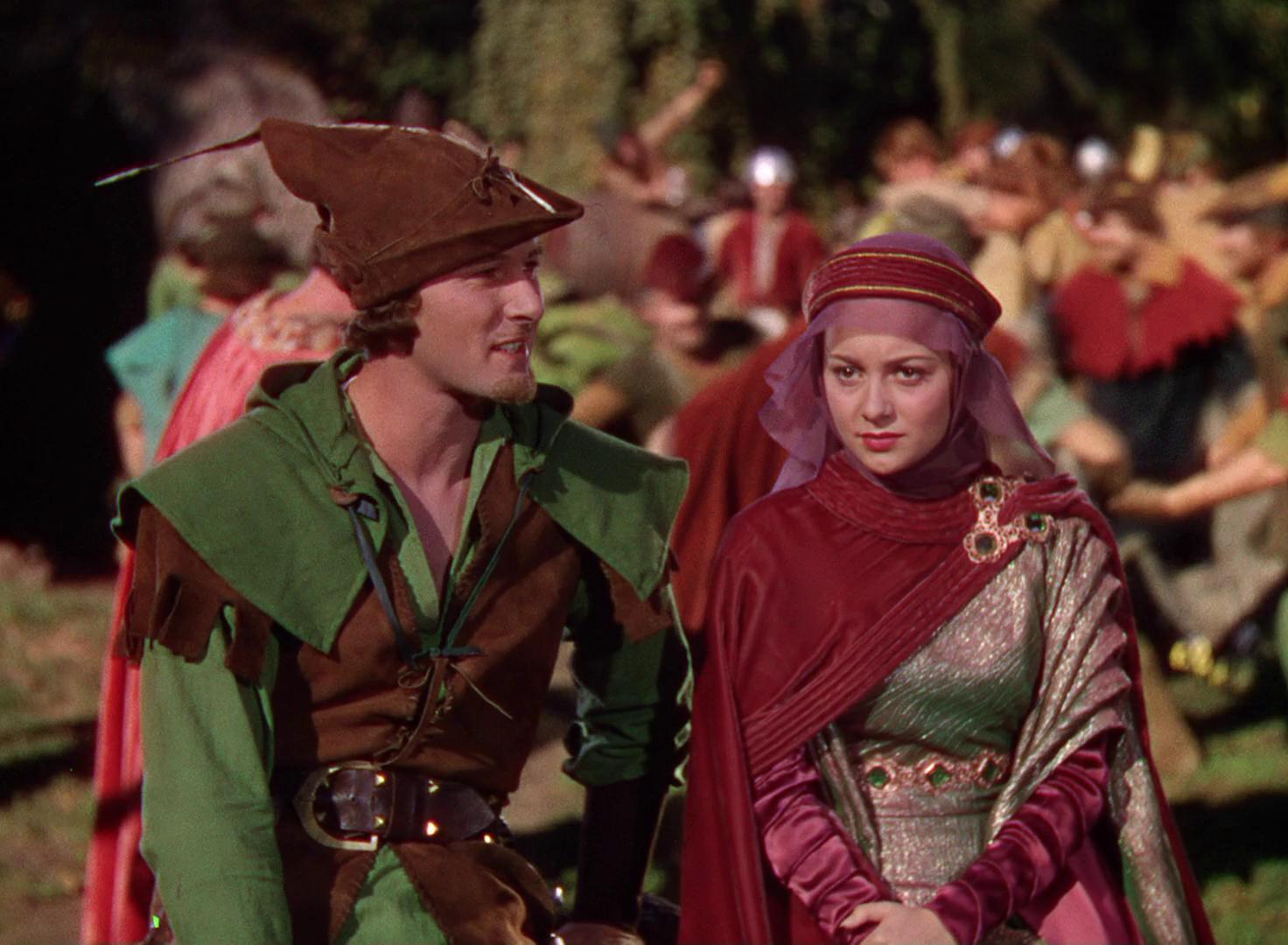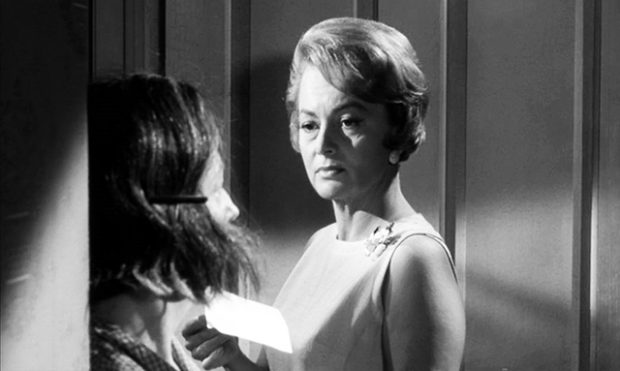ODH
When I think of old Hollywood, I'm thinking of the pre-WWII days. And there aren't too many major names from that era still around. In fact, there may have been only one left. And now Olivia De Havilland is gone.
She was born in 1916 in Tokyo. Her sister, born a year later--who changed her name to Joan Fontaine--also became a movie star. They were always competitive. Joan won the first Oscar, but Olivia won two. (Joan lived to 96, Olivia to 104).
Teenage Olivia was spotted by director Max Reinhardt performing in A Midsummer Night's Dream, and he chose her to appear in his 1935 movie version. She signed at Warner Brothers and became best known as Errol Flynn's love interest, starting with Captain Blood (1935) and probably peaking with The Adventures Of Robin Hood (1938). Then, of course, she was the second female lead in Gone With The Wind (1939), receiving her first Oscar nomination.
She got another nomination for Hold Back The Dawn (1941--scriptwriters Wilder and Brackett allegedly threw the film to her when they thought leading man Charles Boyer didn't appreciate their work) but, in general, was dissatisfied with the roles assigned her. In fact, she was suspended more than once for refusing parts. At the time, actors were signed to studios under seven-year contracts--the legal limit. But when they were suspended, the studios would add those months not working to the term of the contract. In a major court case, De Havilland challenged that practice and eventually won, ending actors' indentured servitude.
The industry did not take it well, and Olivia was essentially blacklisted for a couple year in the mid-1940s. Eventually, she started getting roles again, and good ones. For instance, To Each His Own (1946, winning an Oscar), The Snake Pit (1948, Oscar nomination) and The Heiress (1949, winning an Oscar).
There were many changes in her life in the late 40s and early 50s--she gave birth, did more theatre, and moved to Paris. In the mid-50s she started appearing once again in films--one notable role was opposite Bette Davis in Hush...Hush, Sweet Charlotte (1964), She also made the transition into TV, even garnering an Emmy nomination for Anastasia: The Mystery Of Anna (1986).
In the late 1980s she stopped performing and enjoyed an active retirement, receiving many lifetime achievement awards. She still had the occasional offer, but turned them down. But she had one last brief moment of fame: she didn't like how she was portrayed by Catherine Zeta-Jones in the mini-series The Feud, and sued the producer and the network a day before her 101st birthday. She lost, and appealed the decision all the way up to the Supreme Court, which wouldn't review the case. But she reminded everyone she was still around.
Not that she needed to. She won't be forgotten.




0 Comments:
Post a Comment
<< Home